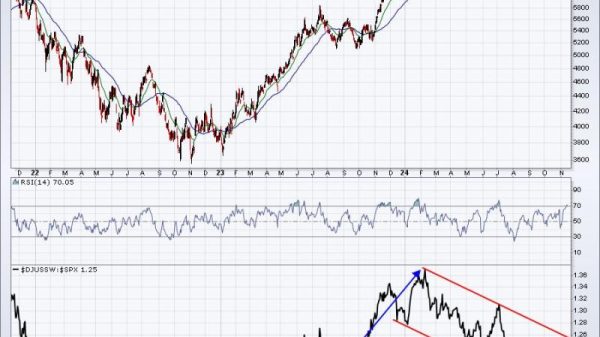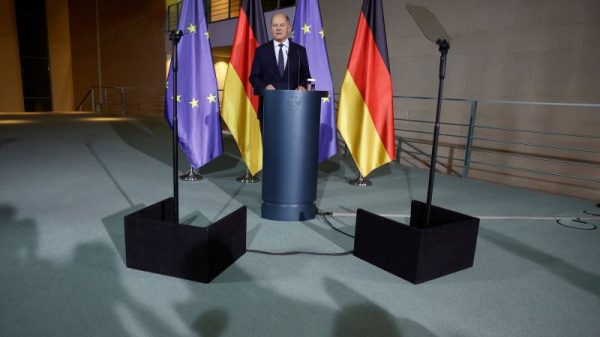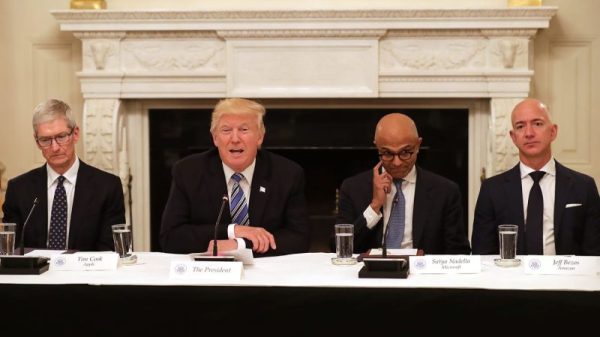As the 2022 mid-term election day looms, the crypto markets, particularly Bitcoin ETFs (Exchange-Traded Funds), are not left unscathed by the uncertainty, experiencing significant outflows. This phenomenon speaks volumes about the volatility of the crypto market during periods of political flux, where election results and potential policy shifts can swing the pendulum for investment decisions.
Bitcoin ETFs have pioneered a new era of cryptocurrency investment by offering traditional equity investors exposure to Bitcoin without the complexities of owning a digital wallet or dealing with crypto exchange. These investment tools have been a popular choice for both retail and institutional investors due to their familiar structure and habitable regulatory environment in the US financial ecosystem.
However, the recent election day anticipation has introduced an element of uncertainty, fueled by fears of regulatory changes that could limit cryptocurrency operations or impose new taxes on capital gains from crypto investments. These fears have led to record outflows from US Bitcoin ETFs, with investors fleeing to safer options in the meantime.
Data from various financial market monitoring platforms have noted significant decreases in the holdings of several US-based Bitcoin ETFs. For instance, the ProShares Bitcoin Strategy ETF, the first Bitcoin futures ETF launched in the US, saw its assets shrink to under $1 billion from a peak of roughly $1.3 billion in October 2021. Grayscale Bitcoin Trust, another significant player, also saw a reduction in assets under management.
In response to the outflows, some might argue that since Bitcoin ETFs are still a relatively new product in the market, they are more vulnerable to broader market trends and investor sentiment shifts. Moreover, the speculative nature of crypto trading could also contribute to drastic swings in Bitcoin ETF investment during periods of political uncertainty.
Crypto industry leaders, on the other hand, see the current trend as a normal reaction to the overall market dynamics. Election-based market anxiety also affects traditional markets, causing spikes and dips that are not unique to the cryptocurrency sphere. These leaders urge investors to seek a long-term perspective and not be too swayed by the volatility inherent in the short-term investment landscape.
Additionally, there is a silver lining amid this uncertainty. As some investors exit Bitcoin ETFs, they are concurrently seeking refuge in traditional safe havens like gold and even other cryptocurrencies perceived to be less speculative and more stable than Bitcoin. This trend points to a more sophisticated diversification strategy that crypto investors are employing to mitigate risks.
Coming to regulation, the Securities and Exchange Commission remains uncommitted on its stance towards the approval of
































